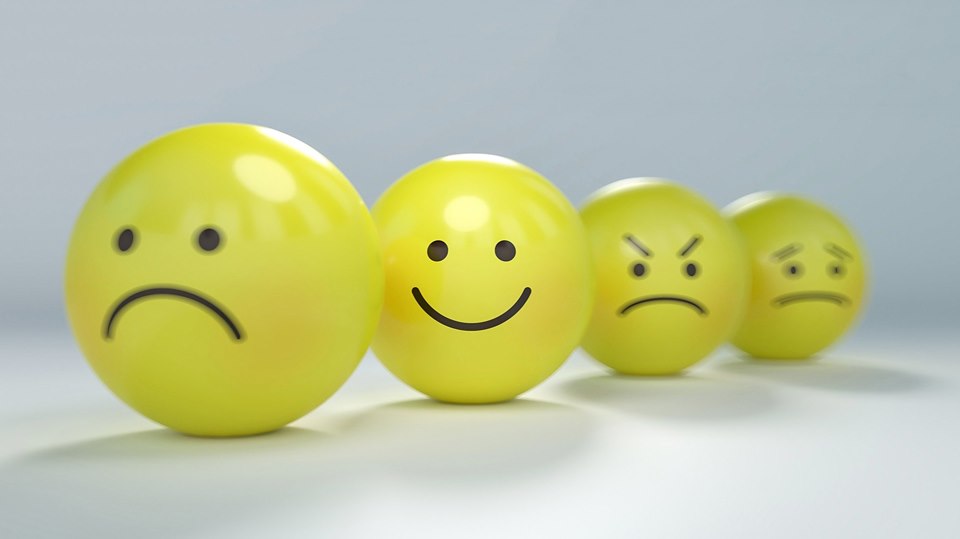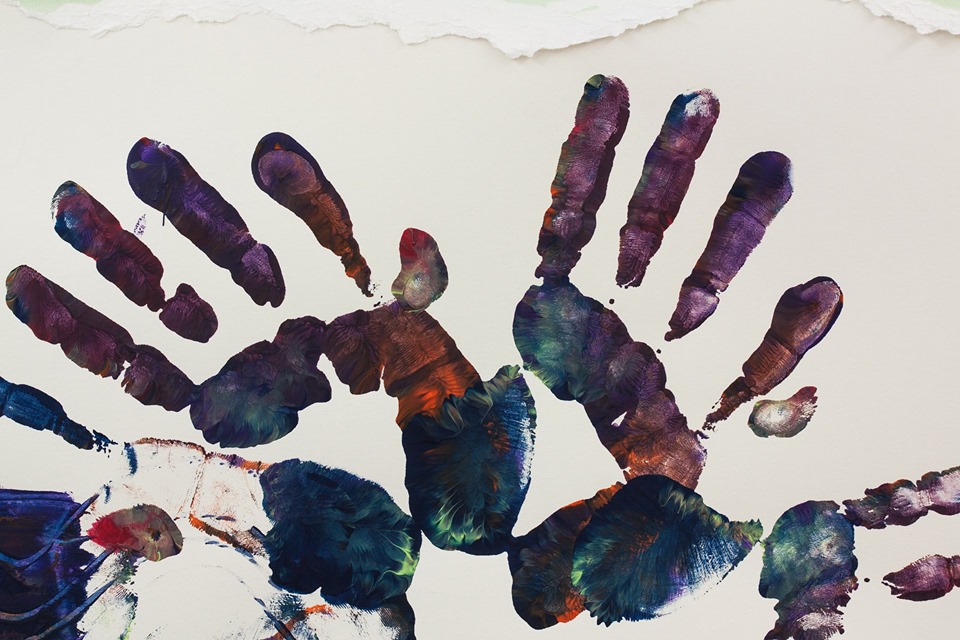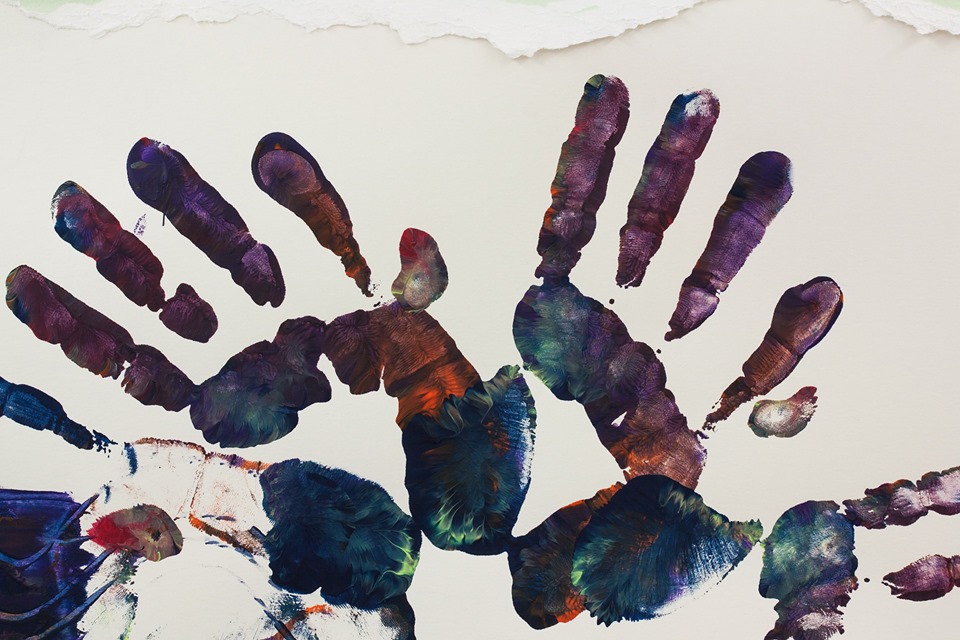With more awareness of children’s mental health and the importance of supporting children and young people emotionally, choosing the right type of support for your child is really important. It can feel rather overwhelming and unclear. Here we breakdown what play therapy is and how it can support your child.
With so many different types of support available you might be wondering, what is play therapy and how can it help your child? Fundamentally play therapy takes a child’s natural form of communication, play, and supports them in exploring difficulties they may be facing. Play therapists will work with children with a wide range of difficulties. It may be an emotional upset, such as a significant life event (parental separation or bereavement for example), or it could be school refusal, anxiety, selective mutism, low mood, behavioural or attachment difficulties or other concerns such as identity concerns, domestic abuse or homelessness to name a few.

Your child does not need to speak during a session of play therapy. The therapist works with your child using a ‘tool kit’. This is a selection of different toys and materials. We use puppets, music, arts and crafts, sand, water, miniature characters, clay and role play as primary tools to support your child in exploring their difficulties. Play therapy is led by the child. The therapy will move at the pace they are comfortable with and will follow the direction the child needs the therapy to go. Your child will have free will to choose from the selection of toys in the room and they will be supported in using these items therapeutically.
‘Although positive outcomes were noted with each of the research areas, self-concept, behavioral adjustment, social skills, emotional adjustment, intelligence, and anxiety/fear are topics demonstrating the most significance regarding the efficacy of play therapy’
Bratton, S., & Ray, D. (2000). What the research shows about play therapy. International Journal of Play Therapy, 9(1), 47–88.
Play therapy is an evidenced based therapeutic support. The majority (70-80%) of children who access the support show positive change. As the support does not require your child to speak, the complexity of understanding emotions is reduced, enabling them to access a therapy that speaks their language; play.
Why should play be used in therapy?
From a young age children communicate through play, it is their natural tool of expression. Take the simple game of ‘peek-a-boo’. This is a game of communication played and understood by children of only a few months old, long before they are able to speak. A well regarded psychologist, Piaget, who created a theory of cognitive and intellectual development, identified that children under the age of 10 are unable to express or understand complex feelings and issues. As adults we often ask ‘what is wrong?’ but that can be extremely difficult to accurately identify let alone communicate with words. Play therapy removes the need for the client to verbally express themselves. It allows the child to use their own form of communication, a tool they are most often content with using (even in children where play does not come so freely, such as those with Autism).
Why might my child need therapy?

When we have experienced a difficulty in our lives, we need to ensure we have a ‘coherent story’. This difficulty may be a one off life event or a series of incidents, a significant change or an underlying condition. A coherent story provides us with an understanding of the concern and our emotions in relation to this. If we do not process an incident in this way, this lack of understanding may impact on behaviour and presentation.
Emotions often express themselves in behaviour. We can see this in ourselves as adults. When feeling anxious under time pressure we might raise our voices for example; the behaviour is an (often unhelpful) expression of an underlying emotion. For children we may see school refusal or shyness, it may be hitting, throwing or spitting, self-harm, bullying, or being withdrawn, shouting out or attention seeking in class, expressing low self-esteem, or temper tantrums. All of these behaviours may be a child or young person expressing feelings of anxiety, anger, low mood or another emotion which they are unable to express verbally. Where these emotions are not manageable and cause an impact on behaviour we call this ‘dysregulation’.
Dysregulation may impact negatively on family relationships, social relationships, learning and education. It may also lead to further feelings of low mood or anxiety. If left unsupported or unresolved the difficulties your child is facing may have a longer term impact on them. Situations may change and the source of the difficulty may go away, and you may also start to see an improvement in your child’s presentation; however it is important to consider therapeutic support as the longer term impact of significant events may present itself in later years.
How does play therapy work?
A lot of play therapy happens in the subconscious. The therapist will refer to this as ‘processing’. Processing is an important element for anyone in overcoming adversity. Processing allows the mind to understand and explore the events or concerns and the emotions that are linked to them. This understanding is not always noticed at the time by the client, but it may be observed in their behaviours or presentation.
Play therapy works to support the child with regulating these emotions, understanding them and working with the child to create the narrative to make sense of their world. In play therapy the therapist will be alongside your child, reflecting their pace, emotions and actions; bringing their subconscious play to the conscious (their awareness) as appropriate. This allows your child to explore their difficulties at a pace that is not too fast for them. It allows your child to feel in control of the sessions, to bring what they wish to the session room.

Will I know what happens in the sessions?
As your child accesses the therapeutic support, the consistent safe space allows them to develop a therapeutic relationship with the therapist. This may take a few weeks to develop and for trust to be built. As your child settles into the sessions and the therapist gets to know your child, the therapist may start to identify themes in the play. Play therapy often takes place in metaphor and so often it is not certain what it is the client is ‘playing out’, although the therapist may be able to make some assessment of the themes.
Whilst the therapist may see themes in your child’s play, they will not share with you what it is your child does in the sessions. As an adult, if you accessed personal therapy, you would not wish for someone else to know all that you spoke about in the session and the same principle of confidentiality applies to play therapy. The therapist will be able to share your child’s progress but not their process.
How can I support my child with play therapy?
Whilst play therapy is based on the principle of play, it is important to remember that if your child accesses play therapy it is not necessarily ‘fun’. They may enjoy going to the sessions, but the work they do in the sessions is often difficult. When taking your child to a session and collecting them, it is really important to resist the urge to tell them to ‘have fun’ or ‘have a nice time’ and when collecting asking them ‘what did you do?’ or ‘how was it?’ Let them know they can share anything if they want to but resist temptation to enquire about what it is they have been doing.
How quickly will my child be feeling better?
There is no direct answer to this. Some children will start to see positive changes in one or two sessions, for others it may take many more. On average, 16 sessions are needed. It is important that enough time is given to your child to ‘close’ the therapy and for it to not just stop as soon as improvements are seen. Stopping too soon may negatively impact on the progress your child has made.

About Becca
Becca is a Certified Play Therapist offering Play Therapy in Surrey and surrounding areas. Play therapy offers emotional support to children, young people and adults.


Recent Comments